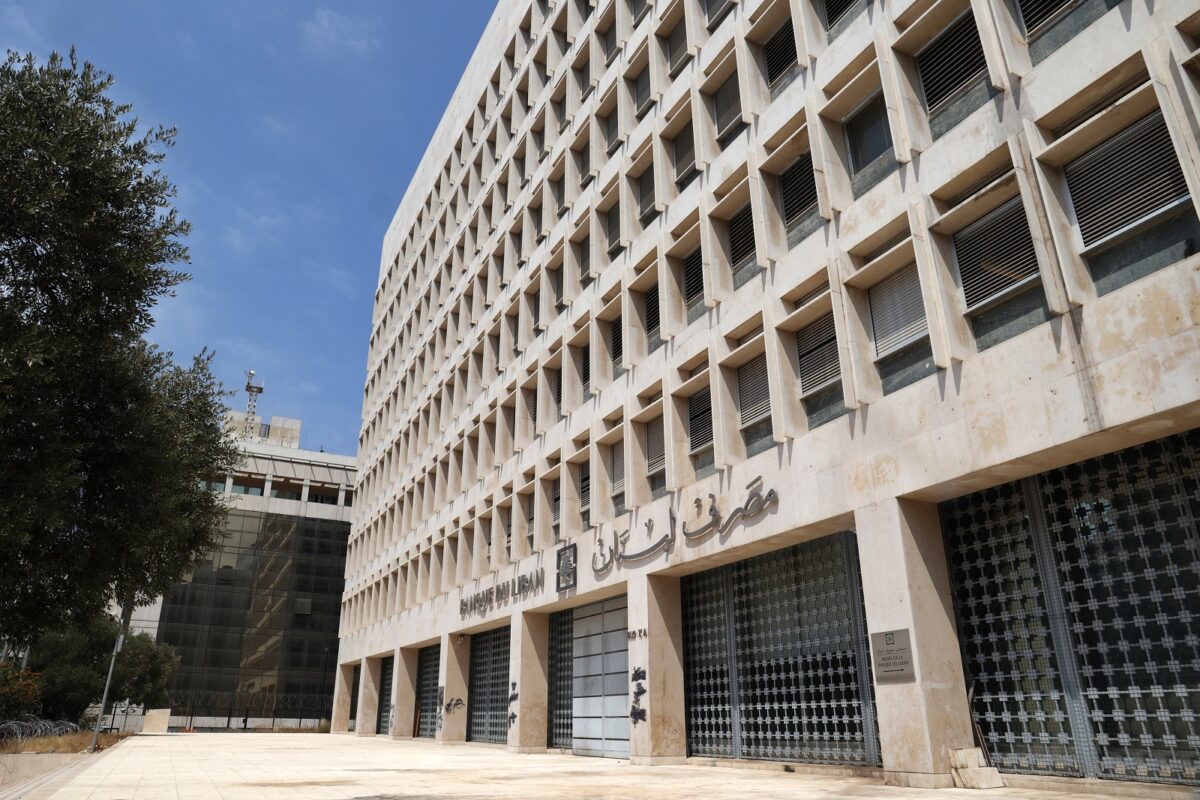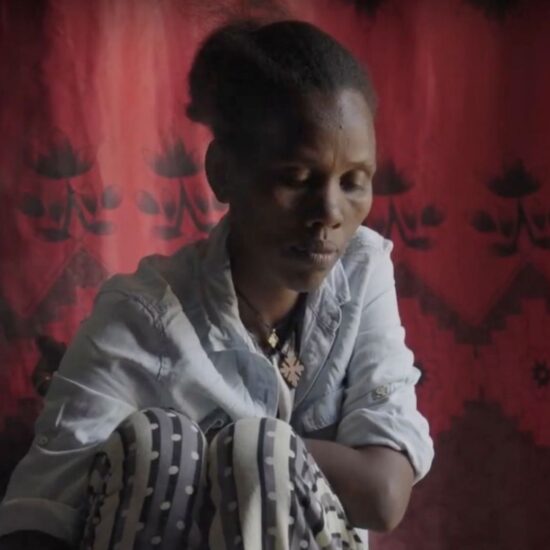
Lebanon's struggle with political interference and banking reform: A deep dive into the economic turmoil and the contentious path towards restructuring the financial sector.
The government project for the “Restructuration of Banking Deposits and Restructuring the Financial Sector” has suffered a significant setback following a concerted lobbying effort by the Association of Banks of Lebanon (ABL) and their politically connected allies. The government’s restructuration plan was rejected by parliament and sent back for revision. In turn, the Council of Ministers decided in its last session to withhold the project until further notice.
The “Restructuration of Banking Deposits and Restructuring the Financial Sector” initiative aimed to secure cabinet approval for a plan to restructure the banking sector, implement a medium-term fiscal and debt restructuring strategy, complete the audit of the Central Bank’s (BDL) foreign assets, instigate an external evaluation of the largest 14 banks, and unify exchange rates – among other points. It is true that challenges exist, considering the lack of consensus among stakeholders on the size and allocation of losses. Moreover, more controversial points also proposed amendments to the banking secrecy law and multiple revisions to the capital control law to facilitate the recovery of the financial sector. At the foundation, the repayment process to depositors must begin with a comprehensive assessment of the banking sector’s current financial status – how much thanks currently hold and how much they own – a transparent auditing process that was rejected by the ABL.
Before completing the audit, determining an accurate payout cap is impossible, but current estimates suggest that the liquid reserves of commercial banks and the Central Bank are insufficient to cover the $100,000 payout cap proposed by the Lebanese government. It is also clear that the potential payout cap is likely to fall over time.
Recent statistics indicate that 1.3 million account holders, representing nearly 94 percent of all accounts, have less than $200,000 in deposits, constituting just 30 percent of the total value of deposits. The remaining 70 percent of deposits, valued at $65.54 billion, are held in only 87,000 accounts.
According to sources that spoke to NOW LEBANON, a delegation from the ABL, endorsed by ministers and deputies, disseminated a 14-point counterproposal labeled as “directives” for a banking solution proposed by the Banking Association, part of a media campaign emphasizing “state responsibility” and the “sanctity of deposits.” The counterproposal seeks to transform deposits into state debts and obligations.
In a nutshell, short of funds, the banks refuse the Government’s proposal to classify deposits for reimbursements and settlements in “fresh” and cash dollars.
This is what the banks want
The counterproposal seen by NOW LEBANON voices reservations regarding repaying deposits in cash dollars, especially those made after October 17, 2019. It proposes instead repaying deposits in Lebanese pounds at varying exchange rates for “rated” and “unrated” deposits. The ABL campaign has reused the slogan “the sanctity of deposits,” – a hollow, empty and opportunistic slogan previously utilized in World Bank literature. The goal is not necessarily to guarantee depositors’ rights as evidenced by the association’s demand for the return of deductions from withdrawal values, but to avoid opening up the ledgers and differentiating between deposits based on their origins and connections to past financial operations, including financial engineering profits. The aim is for all deposits to be treated equally, without consideration of legitimacy or source – meaning a reduction in the ability to repay legitimate deposits.
This idea, according to the ABL, would be “a very complicated process, with potentially negative long-term consequences.” The statement leaves unanswered questions: Whom do these negative consequences affect? Are they concerned about the holders of illegitimate deposits? It raises the question of why the association opposes this measure, despite its potential to allocate a portion of the losses to illegitimate deposits, thereby increasing the secured portion for legitimate deposits.
Additionally, the ABL objects to the idea of returning surplus funds from major contributors, board members, and executive directors, arguing that it is “not natural to ask a contributor to return part of the profit.” Furthermore, the ABL rejects the notions of imposing some of their levies to their owners’ share of the sector’s losses. They argue this approach would deter contributors from “injecting more private funds” in the future. Meaning that the banks want to apply “sacred levies” that should remain untouched.
Lack of Reforms Pushes More Downgrade
The delay in ratifying the banking restructuration legislation pushed international rating agency Standard & Poor’s Global Ratings (S&P) to affirm last week Lebanon’s long and short-term foreign currency (FC) ratings at “SD”, and the long and short term local currency (LC) ratings at “CC” and “C” respectively. The outlook for LC debt remains negative, portraying the likelihood that the Lebanese Government may opt to restructure its local currency debt.
What does the Central Bank want?
Publicly, the acting governor, Wassim Mansouri, has distanced himself from the restructuring initiative. He emphasized that his role was limited to feedback on some aspects of the law without further involvement. However, those familiar with the intricacies of the Central Bank and its role in shaping the law tell a different story.
The Central Bank played a central role in shaping clauses related to sorting “rated” and “unrated” deposits and identifying “illegitimate” deposits. According to sources, the new financial engineering proposal related to internal securitization, including the conversion of specific deposits into bank shares and the compensating deposits with of zero-coupon bonds, along with mechanisms for sharing the costs of deposit repayment between the Central Bank and commercial banks, were initially suggested by the Central Bank of Lebanon. The Banking Control Commission, along with relevant Central Bank directorates, were present in all details of the law.
Reports also indicate that the head of the Banking Control Commission contributed to shaping fundamental elements of the government’s financial plan which laid the groundwork for the draft restructuring law.
It is worth noting that, by law, the Central Bank acts as the primary guardian of the banking sector under existing legislation.
The government counter attacks
The godfather of the government plan, Minister Shami Saadeh, made open press statements accusing the BDL of abandoning its responsibilities. He asserted, “those who participated in drafting the project cannot disclaim their responsibilities.” He continued, “We have heard that Banque du Liban does not endorse the project, even though it assisted the government in the technical aspects as a financial advisor, or in other words, translated the government’s plan through this law. This is surprising, as the monetary authority is the primary entity concerned with this issue. If it had better alternatives, it should have proposed them during the preparation and formulation of this project.”
To emphasize BDL’s involvement in shaping the law, Shami highlighted, “among the new ideas developed by Banque du Liban was the identification of rated (legitimate) and unrated (illegitimate) deposits. The idea primarily came within the framework of circulars issued by Banque du Liban, including Circulars 158 and 166,” he said.
Shami also noted, “Banque du Liban modified the idea of converting deposits into bank shares (bail-in). It also proposed zero-coupon bonds and mutual contribution mechanisms between Banque du Liban and banks. In addition, several aspects that Banque du Liban worked on were introduced into the law. One of the most significant amendments was giving a greater role to the issue of accountability for those who benefited from the crisis and managed to smuggle their money abroad after November 17, 2019.”
Where do we go from here
It is clear that neither the ABL nor the government is eager to see significant progress in reforms. Lebanon has struggled to implement these reforms over the past four years. As a result, the macroeconomic crisis has markedly reduced the size of the Lebanese economy from $53 billion in 2017 to an estimated $16 billion in 2023. Moreover, a S&P report has projected a steep decline in GDP per capita from about $7,800 in 2017 to circa $3,000 in 2024. S&P also estimated a GDP contraction of 0.2% in 2024, compared to economic contractions of 0.2% in 2023 and 0.6% in 2022.
On a related note, the rating agency noted that BDL holds around $18 billion in gold reserves, which it cannot utilize without parliamentary approval. In this regard, the agency foresees a contraction of $1.5 billion in the current account deficit over the 2025-2027 period, mainly owing to decreased imports driven by foreign currency shortages and significant net remittance inflows.
The agency also noted that in the quasi-absence of external funding, the government has limited capacity to address the country’s current account deficit and its anticipation that the Central Bank will not continue to fund the current account deficit with its FX reserves. According to S&P, and in an attempt to alleviate the liquidity crunch in the banking sector, BDL modified one of its circulars in July 2023, now allowing eligible depositors to withdraw $400 monthly and halting the previous allowance of $400 withdrawals in Lebanese Pounds (at an exchange rate of LBP 15,000 per USD). BDL introduced a new “mechanism” which will allow for the withdrawal of $150 monthly from USD-denominated bank accounts opened after October 2019. Additionally, the agency commented that the devaluation of the Pound and the gradual lifting of subsidies have pushed inflation levels above 221% in 2023. Standard & Poor’s expects the shortage of FX and the high cost of imports to keep inflation rates in the triple digits throughout 2024.
Maan Barazy is an economist and founder and president of the National Council of Entrepreneurship and Innovation. He tweets @maanbarazy.
The views in this story reflect those of the author alone and do not necessarily reflect the beliefs of NOW.








